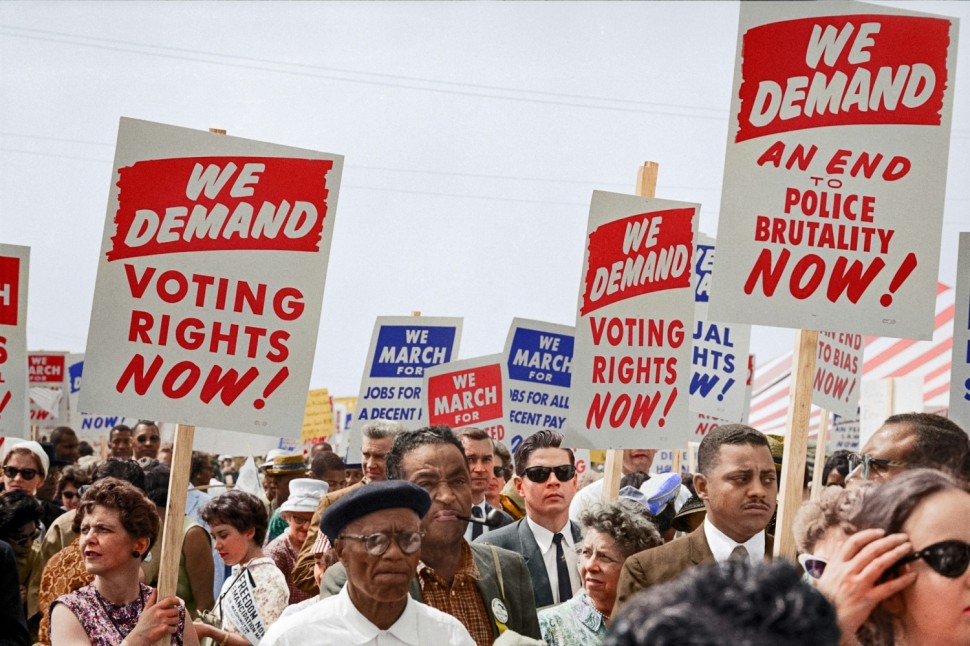Kansas Supreme Court Delivers Decisive Ruling on Voting Rights
The Kansas Supreme Court recently issued a significant decision. It declared that the state Constitution does not guarantee a right to vote. This ruling has sparked heated debates and dissent among the justices.

Details of the Supreme Court Decision
The court reviewed several aspects of a 2021 election law. While the court sided with state officials on one provision, it revived challenges to others. Most notably, the dialogue heated up around a ballot signature validation measure.
Justice Caleb Stegall, writing for the majority, asserted that the state's Bill of Rights does not explicitly enshrine the right to vote. He indicated dissenting justices accused the majority of overlooking past precedents. They believed the court failed to recognize a 'fundamental right to vote' within the state constitution.
Dissent Among Justices
Justice Eric Rosen, representing the dissenting opinion, expressed strong disagreement. He found it unimaginable that the Kansas Constitution did not secure a fundamental voting right. Rosen described the majority's perspective as a betrayal of the constitutional duty to protect Kansas citizens' foundational rights.
Other Rulings on the Election Law
Aside from the controversial decision on the right to vote, the court also addressed other parts of the election law. It unanimously opposed a provision criminalizing the impersonation of an election official. Critics argued this law suppresses free speech and hinders voter registration efforts. Because it did not require proof of intent to deceive, Justice Stegall noted that the law could criminalize genuine misunderstandings. Therefore, it was likely to sweep up protected speech.
The state Supreme Court instructed the lower court to reevaluate its decision to issue an emergency injunction against this law. Organizations like the Kansas League of Women Voters and the nonprofit Loud Light had suffered under this ambiguous law. Martha Pint, president of the Kansas League of Women Voters, and Davis Hammet, executive director of Loud Light, welcomed this part of the ruling.
Reactions to the Ruling
Kansas Secretary of State Scott Schwab and Attorney General Kris Kobach supported the ruling. They emphasized the court's support for the signature verification law and backed the ruling on a provision limiting how many advance ballots one can collect. This law, passed by a GOP-led Legislature over a veto from Democratic Governor Laura Kelly, aimed to combat what supporters call 'ballot harvesting.'
Kobach lauded the majority's opinion as well-reasoned. He asserted it confirmed the Legislature's authority to require proof "to ensure voters are who they say they are."
Broader Impact and Ongoing Discussions
This set of decisions will continue to fuel ongoing debates over Kansas voter rights and election security. The contrast between the court's rulings highlights the complex balance between protecting speech and ensuring election integrity. As these legal battles progress, they will likely influence voter participation and campaign strategies in upcoming elections.




